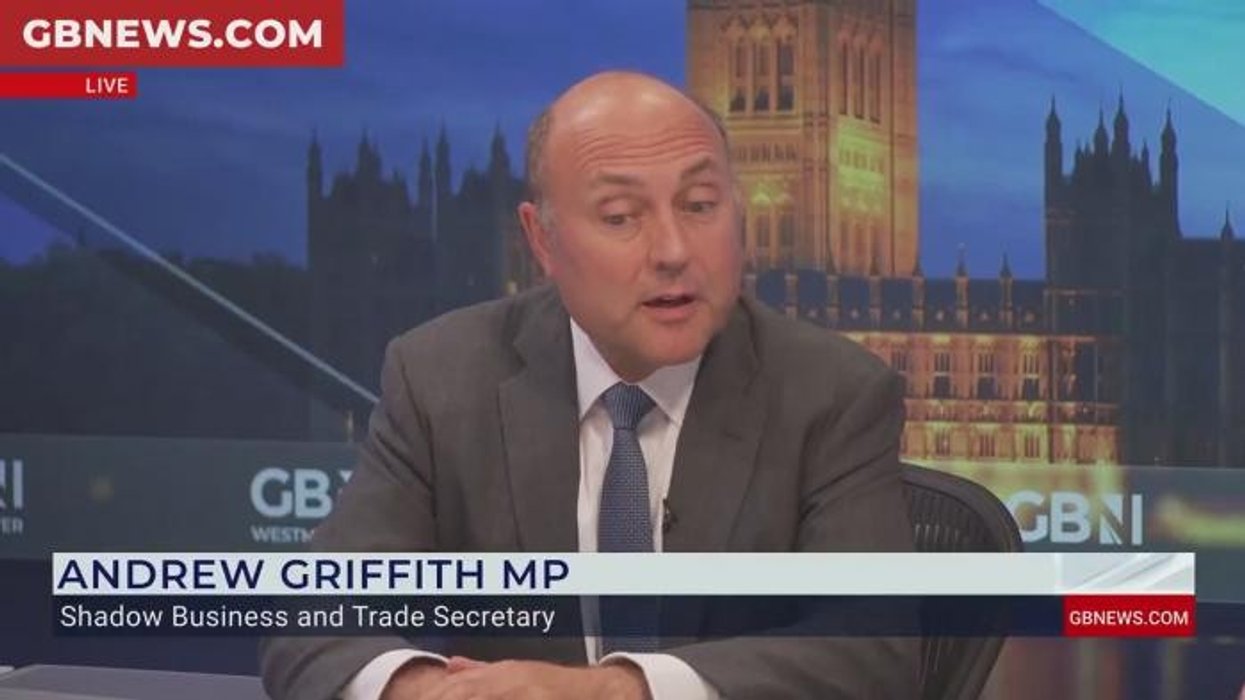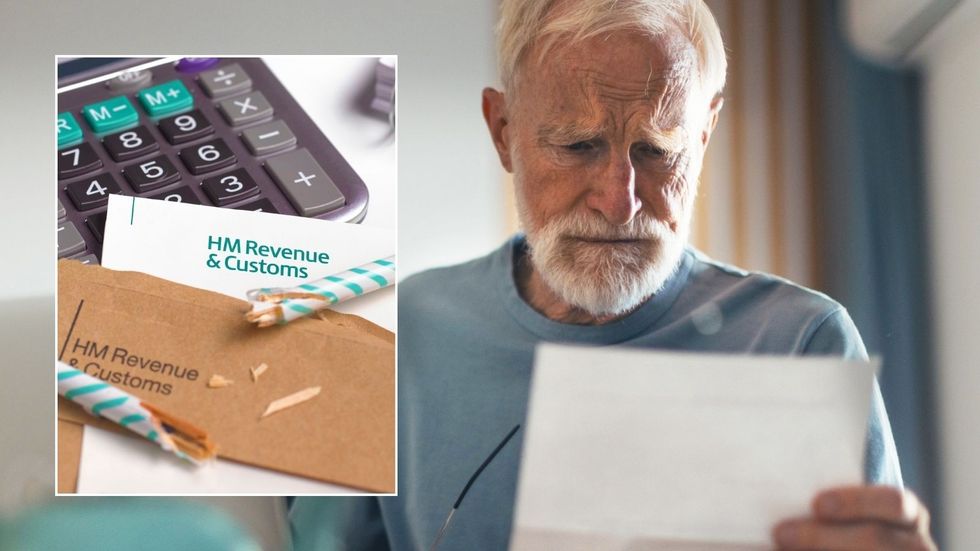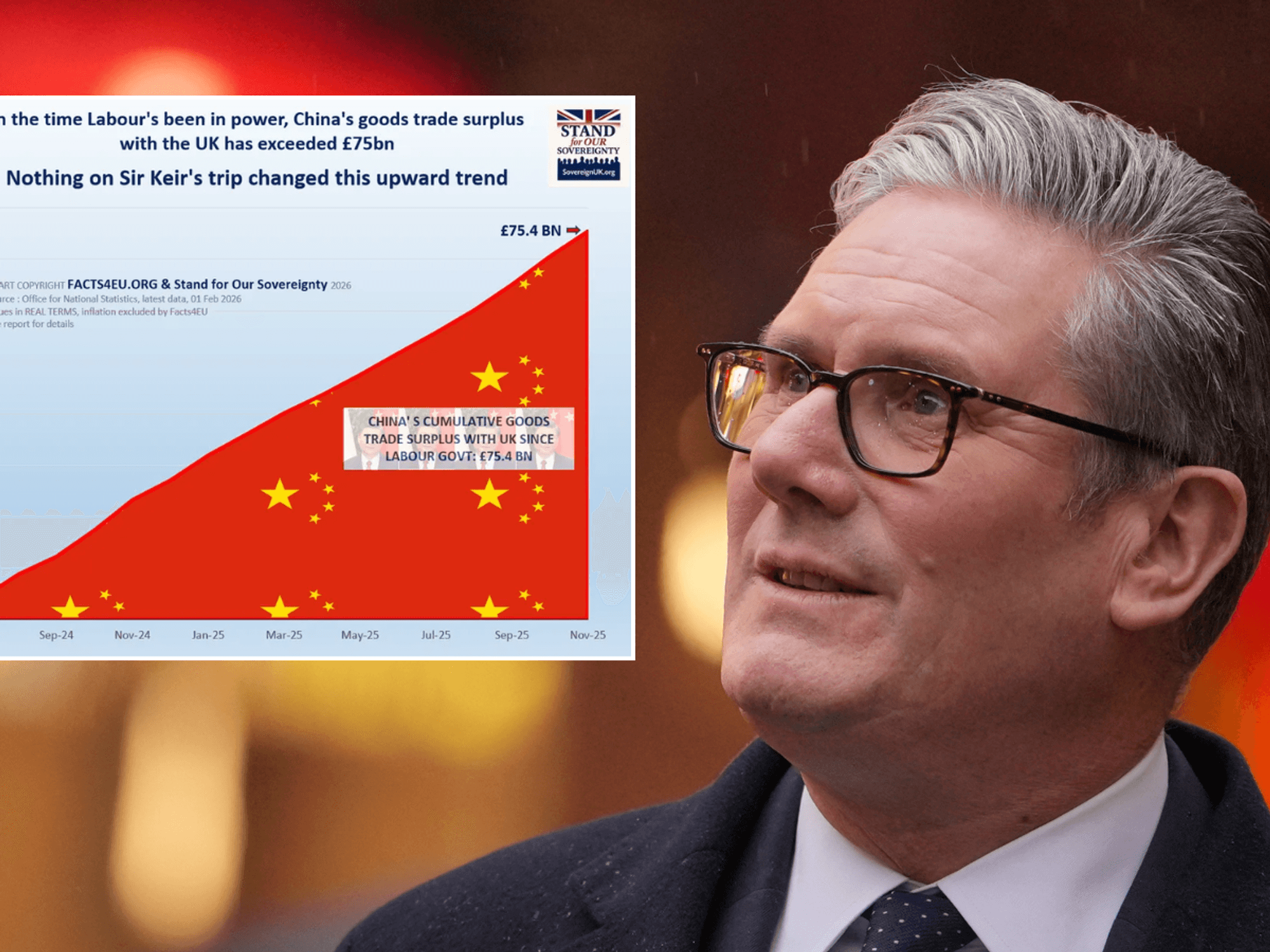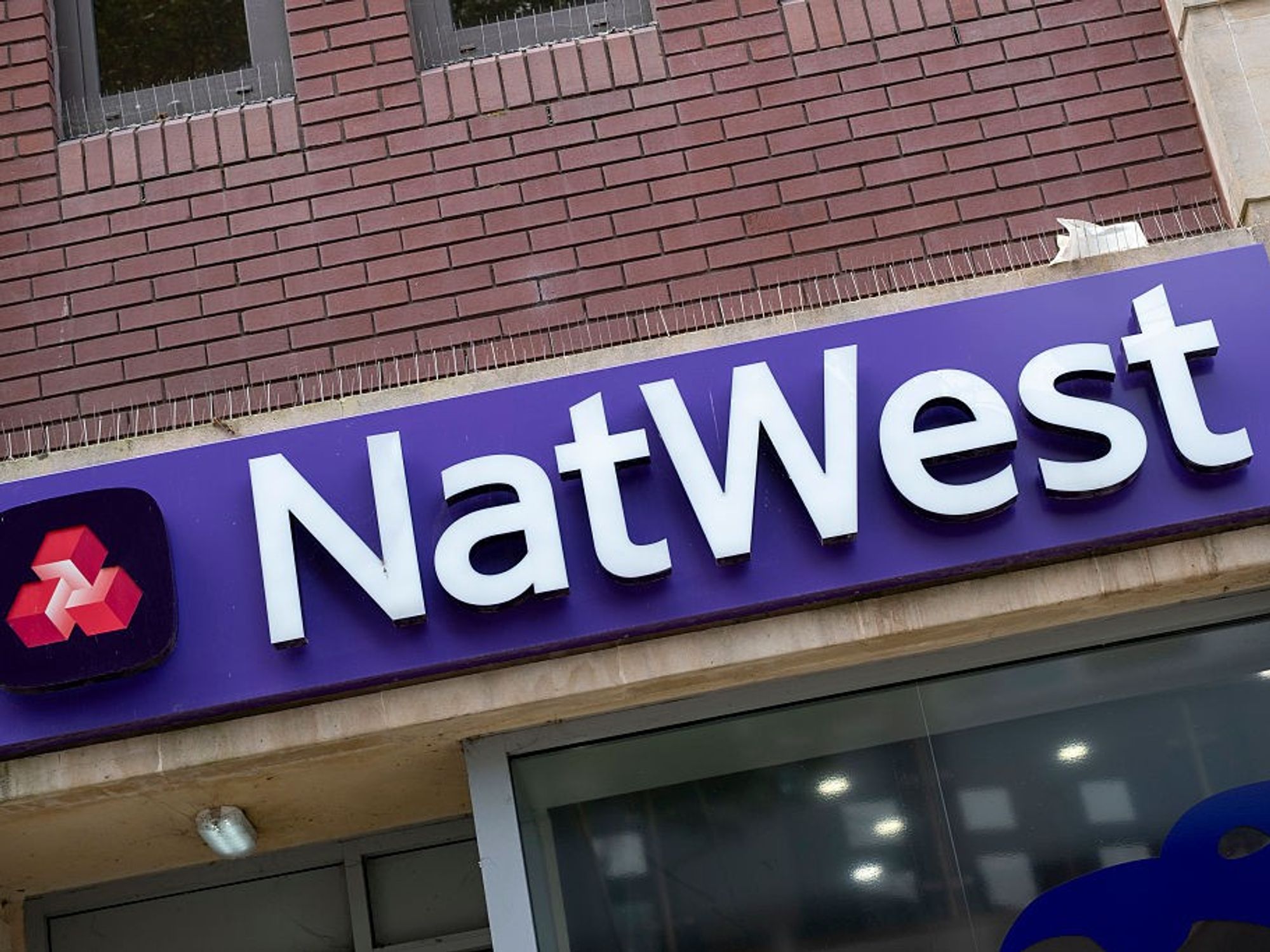HMRC alert: Britons falling into 'sneaky' 60% tax trap thanks to 15-year 'frozen allowance' rule

Andrew Griffith MP warns the UK’s tax base is on a 'depressing' knife edge |
GB NEWS

Fiscal drag is resulting in more taxpayers losing more of their hard-earned cash to HMRC
Don't Miss
Most Read
Britons are being captured by a "sneaky" 60 per cent tax trap as a result of consecutive Governments committing to fiscal drag, according to new analysis from interactive investor.
New research from the firm has exposed how frozen tax thresholds are costing UK taxpayers thousands of pounds, with some allowances remaining unchanged for as long as 44 years.
The UK's second-largest investment platform noted that certain tax thresholds have remained static since the early 1980s. The inheritance tax (IHT) annual gifting allowance stands at £3,000, the same level it was set at in 1981.
Had this threshold kept pace with inflation over the past four decades, it would now stand at £11,529 - nearly four times higher. This represents a difference of £8,529 that taxpayers are missing out on.
 Britons are concerned about the rising tax burden | GETTY
Britons are concerned about the rising tax burden | GETTY Notably, the research also highlights that the 60 per cent income tax trap threshold has been frozen at £100,000 for 15 years, despite significant inflation during this period.
As well as this, the capital gains tax (CGT) exemption, which stood at £3,000 in 1981 and peaked at £12,300 in 2020/21, has since been slashed back to its early-1980s level.
The income tax higher-rate threshold has been stuck at £50,270 since 2021, but would be approximately £62,000 today if it had risen with inflation - a gap of nearly £12,000.
Furthermore, the dividend allowance has suffered even more severe cuts. Once £5,000 in 2016, it now stands at just £500. Had it increased with inflation rather than being slashed, it would be £6,876 today - almost 14 times its current level.
Do you have a money story you’d like to share? Get in touch by emailing money@gbnews.uk.

More taxpayers are being pulled into higher brackets
| GETTYCraig Rickman, a personal finance expert at interactive investor, describes fiscal drag as "a sneaky tactic of raising the tax burden over time, as it freezes tax thresholds so that people pay more of their income as wages rise with inflation".
He warned that while this approach is less obvious than directly raising tax rates, "it could have a bigger impact over long periods particularly when you see the length of time that some of these rates have been frozen".
"Frozen tax thresholds affect everyone. With the personal allowance and higher-rate threshold frozen until 2028, this means that even lower earners will gradually pay tax on more of their income," Rickman explained.
The inheritance tax nil-rate band has remained frozen at £325,000 since 2009, contributing to rising tax receipts as property values increase.
Rickman notes: "Keeping the nil-rate-band frozen at £325,000 since 2009 is a core reason why inheritance tax receipts are increasing year on year, as rising asset prices are tipping more estates into IHT territory."
The residence nil-rate band, introduced in 2017, provides additional relief but comes with significant restrictions. It only applies to those leaving property to direct descendants, excluding childless couples, and begins tapering away for estates exceeding £2million.
LATEST DEVELOPMENTS:

Analysts are breaking down how long HMRC tax allowances have been frozen
| PA"The combination of frozen tax-free thresholds and the government's proposed IHT reforms to pensions, farms and businesses, means more estates will face bigger tax bills over the coming years," Rickman added.
Furthermore, the finance expert issued a warning to those whose income exceeds £100,000 when it comes to the "sneaky" 60 per cent tax trap being levied on households.
For every £2 of income someone earn above this amount, they lose £1 of their personal allowance. This tapering continues until their income reaches £125,140, at which point the entire personal allowance is withdrawn.
In today’s terms, taking inflation into account, it could have moved from £100,000 to just over £150,000, interactive investor notes.
More From GB News










